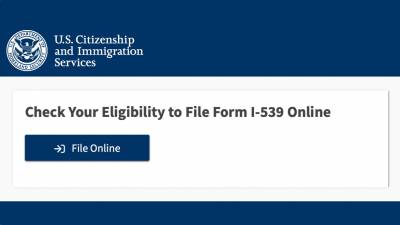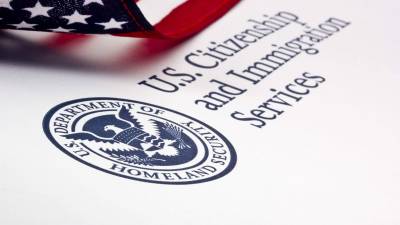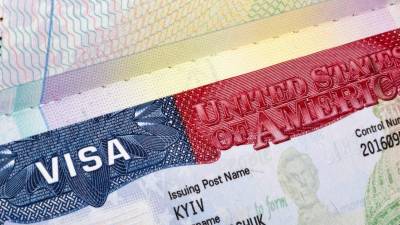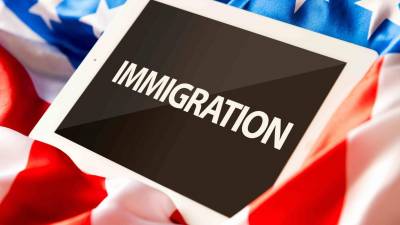Category: News
-

USCIS Unveils New Technology Approach to Enable Expansion of Online Filing
To assist in transitioning to a digital business model, USCIS has announced a strategy known as eProcessing. This process allows for digitally filing of a benefit, communicating with USCIS online, as well as being notified of a decision on a case. Initially, this new process allows certain visitors for business and pleasure and vocational students […]Read More -

Prepare Now for Upcoming Changes to ID Requirements for Domestic Air Travel
After the Sept. 11 terrorist attacks, Congress passed the REAL ID Act to establish minimum security standards for state-issued IDs and driver’s licenses. The provisions of this act have been phased in over time but will be fully enforced beginning Oct. 1, 2020. For New York residents, this means that starting October 1, 2020, a […]Read More -

Court Enjoins USCIS from Enforcement of Unlawful Presence Memo Impacting Students and Exchange Visitors
A Federal Judge has enjoined USCIS from enforcing a policy memorandum issued in August 2018 relative to the accrual of unlawful presence for nonimmigrant student or exchange visitors. The ruling found that the policy memorandum amounts to a “legislative rule” in violation of the Administrative Procedures Act because the government did not publish in the […]Read More -

The ‘Buy American and Hire American’ Executive Order Two Years Later
On April 18, 2017, President Donald Trump signed an Executive Order titled “Buy American and Hire American.” The President insisted that the Executive Order would favor American workers more so than the policies already in place. He also intended, among other things, for the “Buy American and Hire American” Executive Order to address his concerns […]Read More -

Restrictions on Travel to Cuba
United States citizens remain restricted from traveling to Cuba. For instance, traveling to Cuba solely for tourism or vacations remains strictly prohibited. However, there are exceptions in the government regulations. The Office of Foreign Assets Control (OFAC) allows travel to Cuba via either a general license or a specific license. In order to travel to […]Read More -

The Modernization of the InfoPass System
In 2004, United States Citizenship and Immigration Services (USCIS) implemented InfoPass, a free online service providing applicants with the option to schedule an appointment with a USCIS immigration officer through the USCIS website. Since then, InfoPass has been modified, updated and refreshed many times. More recently, USCIS developed a pilot program to replace InfoPass entirely. […]Read More -

Breaking News: Certain Ports of Entry No Longer Allowing L-1 Renewal Applications for Canadian Citizens
Berardi Immigration Law has recently learned that certain ports of entry along the Canadian border are now refusing to process petitions for renewal L-1 applications that are presented by Canadians pursuant to the North American Free Trade Agreement (NAFTA). This new policy affects both individual and blanket L petitions. Initial reports indicated that this was […]Read More -

USCIS Reaches the H-1B Cap for 2020
The H-1B program provides an avenue for businesses in the United States to bring foreign nationals into the country to work. But, not just any foreign national will qualify for an H-1B visa. H-1B visas apply only to foreign workers with at least a bachelor’s degree and to occupations that require “highly specialized knowledge.” For […]Read More -

USCIS Launches H-1B Employer Data Hub
On April 1, 2019, USCIS launched the H-1B Employer Data Hub, a search tool/information base that provides information to the public. Some employers in the United States use the H-1B program to temporarily employ foreign workers in certain occupations. The Data Hub helps the public to view which employers petition for H-1B workers and calculate […]Read More -

President Trump’s Travel Ban Two Years Later
What is commonly referred to as the “travel ban” or “Muslim ban” is the product of three executive orders signed by President Donald Trump in 2017 and 2018. Each executive order met a number of legal challenges in the federal court system, but ultimately, the third version of the order was upheld by the United […]Read More

